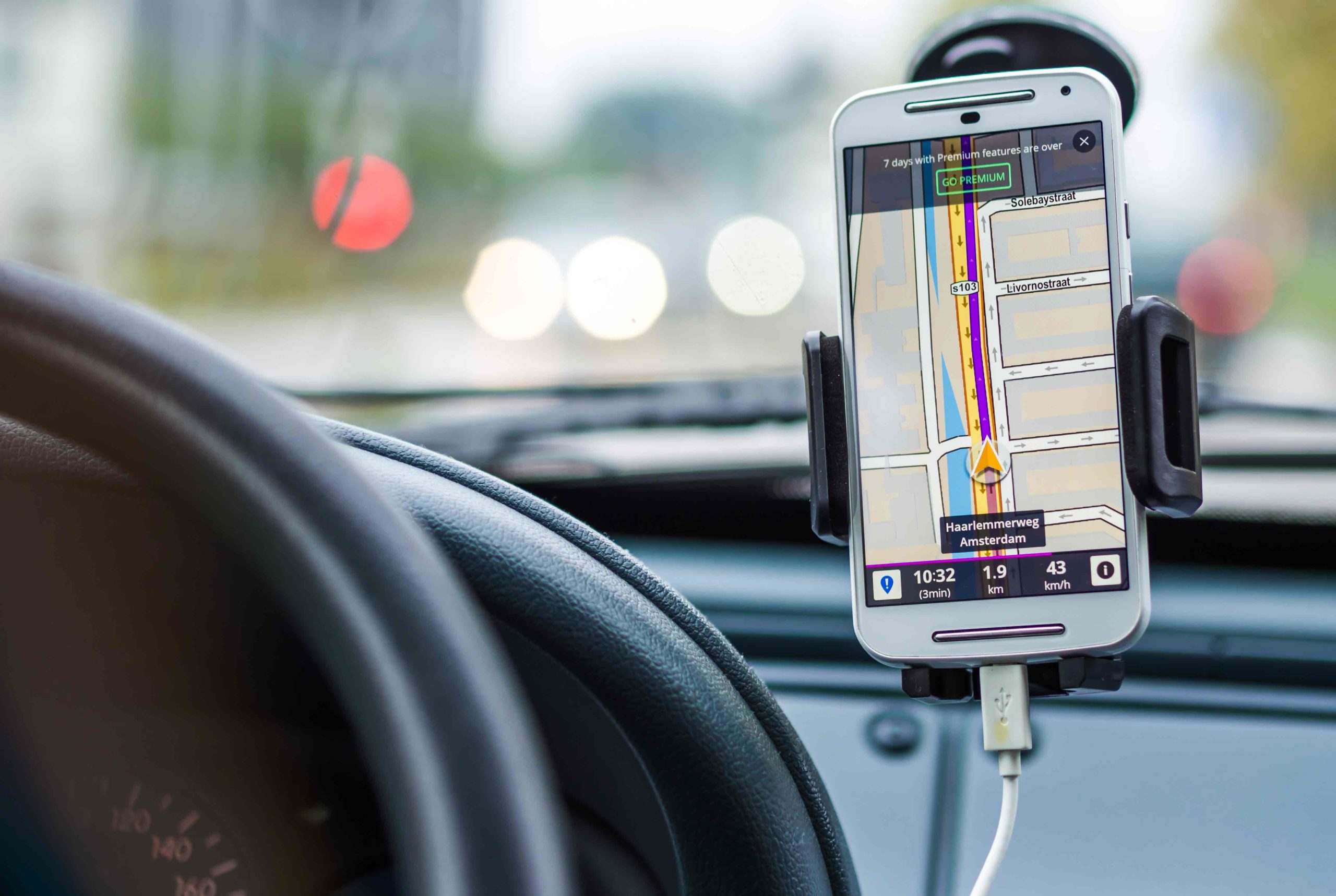We all love and seek convenience in everything we do, from food to the way we travel. As technology evolves, there has been an emphasis on this element. But what exactly is the price of convenience? What is the true economic cost? More importantly what is the human cost? Like most of you I love convenience but I also hate the price at which such convenience comes. As we incorporate the gig economy into our daily lives we should ponder the cost to the general society no just the shine it brings to our individual financial armour.
As taxi hailing applications and other similar online platforms gain traction, they have been met with adulation for ushering a new age of convenience. The Botswana Gazette recently waxed lyrical about the arrival of the taxi hailing app INDRIVER into the Botswana market. “The taxi service in which both driver and passenger agree terms ahead of time is a whole new experience that is giving a whole new meaning to freedom. No wonder growth has been big and the service could soon expand to other towns across Botswana.” reads the opening paragraph of the piece. I wept.
Why would I weep at the arrival of a convenient piece of innovation into the local economy? Why would I weep when this is the direction that we should be moving? Well, the answer is quite simple: I know the cost. I have come to learn that there is more to be lost because of the price of convenience. The price of convenience lies in the words of the Ergo Fedorov the COO of the App Company. He states that the company does not employ individual drivers but views them as independent partners. On the face of it one would be enthused and seduced by the flexibility of working for oneself at one’s own convenience. It is too good to be true.
Let me attempt to put the price of this convenience in proper context. “App-companies establish themselves on the market as mediators between consumers and workers- micro entrepreneurs, providing the necessary infrastructure – albeit virtual – so that this meeting can take place. Its role, however, is clearly much more complex than this. Thus, the “partner” is not in a position of equality to define his or her financial gains, work load and the length of her workday – the work of the Uberized worker is also subsumed.
The means of control, management, surveillance and expropriation of his work are simultaneously evident and barely tangible: after all, the status of the driver is self- employed, thus not an employee, but a registered worker (or “partner”) who works according to his own purpose. At the same time, the worker is managed by software installed on his smart phone; despite the company defining the rules, it appears more as a brand than a company as such.” Writes Ludmilla, a visiting researcher at the CESIT (Centre for Trade Union and Labour) – Institute of Economics – UNICAMP – Brazil.
From the foregoing it is apparent that the notion of being an independent partner or contractor is purely fictitious and exploitative in nature. The fruits of labour are not enjoyed by the independent contractor or worker but rather by the app company at little cost to them. The app companies shift the economic risk from them to the independent partner or worker. This is the financial risk and any other risk attendant to the provision of such a service.
You might be pleased at the prospect of ‘working for yourself on your own terms, but what is hidden from you is that you are actually not in control. You provide the car and take care of all attendant expenses but you are at the mercy of an algorithm to give you work even though you might say you chose when to work. Secondly, as an independent partner you are precluded from all legal protections that attach to an employee. Consequently, your work hours are unregulated and you draw no benefits that an ordinary worker draws. Basically, you are a company. In an unregulated market for e-commerce as our country, the so-called ‘independent partners’ are bound to be exploited to the core.
While app companies bring about convenience and often interrupt the market as we know it the price is often too high to pay. In an age of growing precarious work we should be careful at what we embrace. We must remember that another man’s ornament is another man’s anathema. Technology based enslavement is what characterizes the Uberised economy. I am not saying these platforms should be banished but rather saying we need to properly regulate such platforms to ensure they don’t exploit our people. While you might be glad to set your own price for a ride, the driver on the other hand might be forced by circumstances to accept your price at a loss to him. Whether he makes a loss or not, it matters not to the app company for they are guaranteed for their commission.
It is imperative that the taxi business collective and the trade union collective lobby government to swiftly setup proper regulatory framework. I implore the trade union movement to use their international solidarity networks for benchmarking on strategies with cities like São Paulo, Paris and California who have had movements on this issue. We need not look to provide an environment that only allows for marginal efficiency of capital, but make sure it also protects workers benefits and rights.

